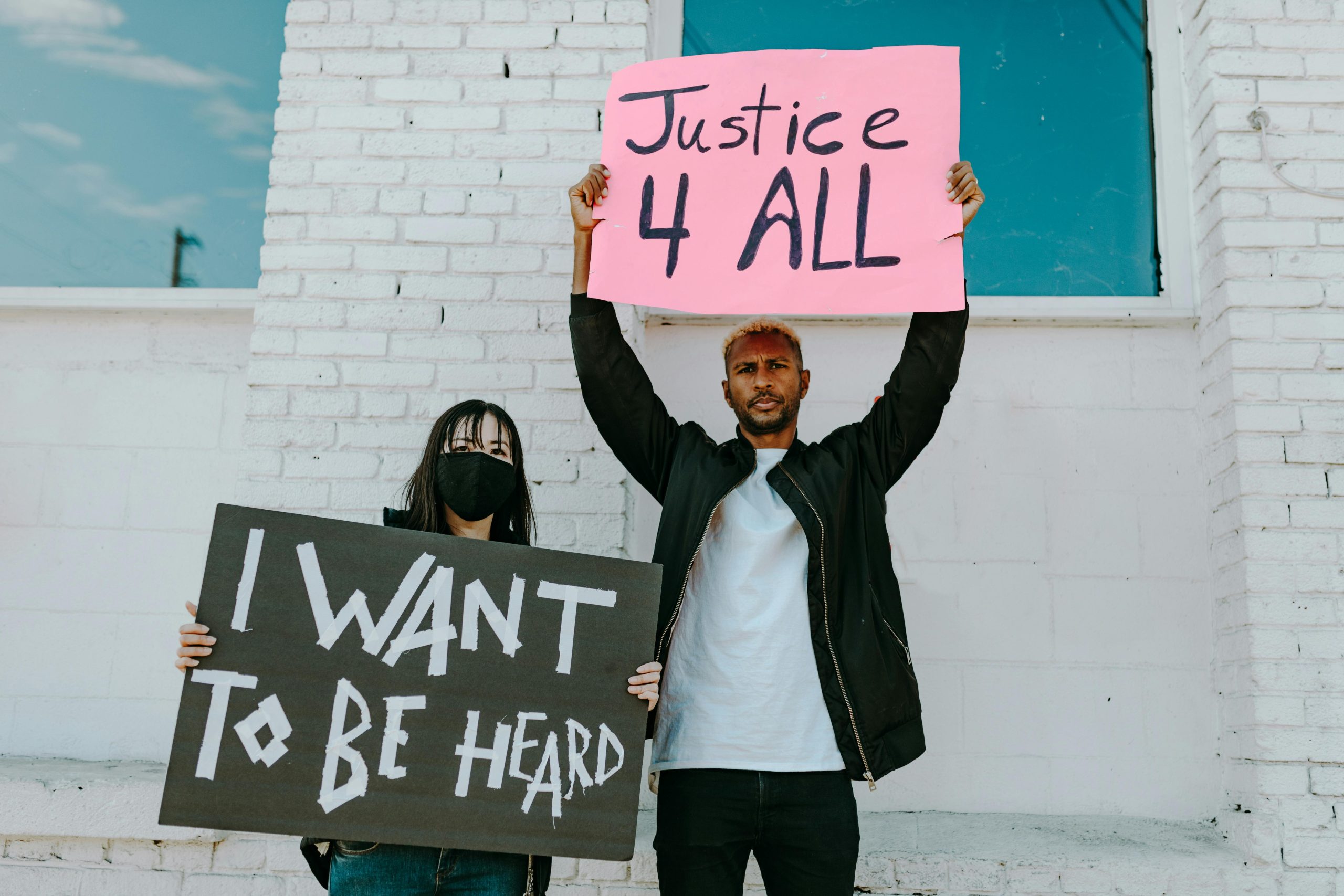Understanding Liability After Vehicle Sale: What You Need to Know
Navigating the complexities of vehicle ownership and liability can be challenging, especially when unforeseen circumstances arise. Recently, a situation has emerged where a seller is being held responsible for damages and legal issues related to a car they no longer own. Here’s what you need to understand about such cases and how to protect yourself.
The Scenario:
A car owner sold their vehicle and received a signed pink slip, along with proof of a Release of Liability, indicating they had officially transferred ownership. Subsequently, the new owner was involved in an accident, was arrested, and it was revealed that they did not have insurance. Now, the collection agency AFNI is demanding approximately $12,000 for damages, despite the vehicle being sold months prior.
Key Concerns:
The original owner is questioning the legality of being held accountable for damages or legal actions related to a car they no longer possess. They have provided documentation, including the police report and the Release of Liability, to demonstrate that they no longer own the vehicle. Additionally, attempts to verify ownership through the DMV confirmed that they are no longer the registered owner.
Legal Implications:
In most jurisdictions, once a vehicle is sold and the proper paperwork—such as the signed pink slip and Release of Liability—is completed and submitted, liability typically shifts to the new owner. However, certain factors, such as failure to notify the DMV or lapses in documentation, can complicate this process.
What You Should Do:
– Keep thorough records of all transactions, including the bill of sale, pink slip, and proof of filing the Release of Liability.
-
Immediately contact your DMV to confirm that your ownership has been officially transferred and documented.
-
Communicate with the collection agency, providing them with copies of your documentation to prove that you are no longer responsible for the vehicle.
-
Seek legal advice if you receive further notices or if the collection efforts continue. An attorney experienced in vehicle and liability law can provide guidance specific to your situation.
Final Thoughts:
It is generally considered unlawful for a person to be held responsible for damages or legal claims related to a vehicle they have sold and properly documented. However, complications can arise if paperwork was not filed correctly or if there are disputes over ownership. Staying informed and maintaining comprehensive records are your best tools to protect yourself.
If you find yourself in a similar situation, consult with a legal professional to understand your rights and options fully. Being proactive can help prevent unwarranted liability and ensure that your



